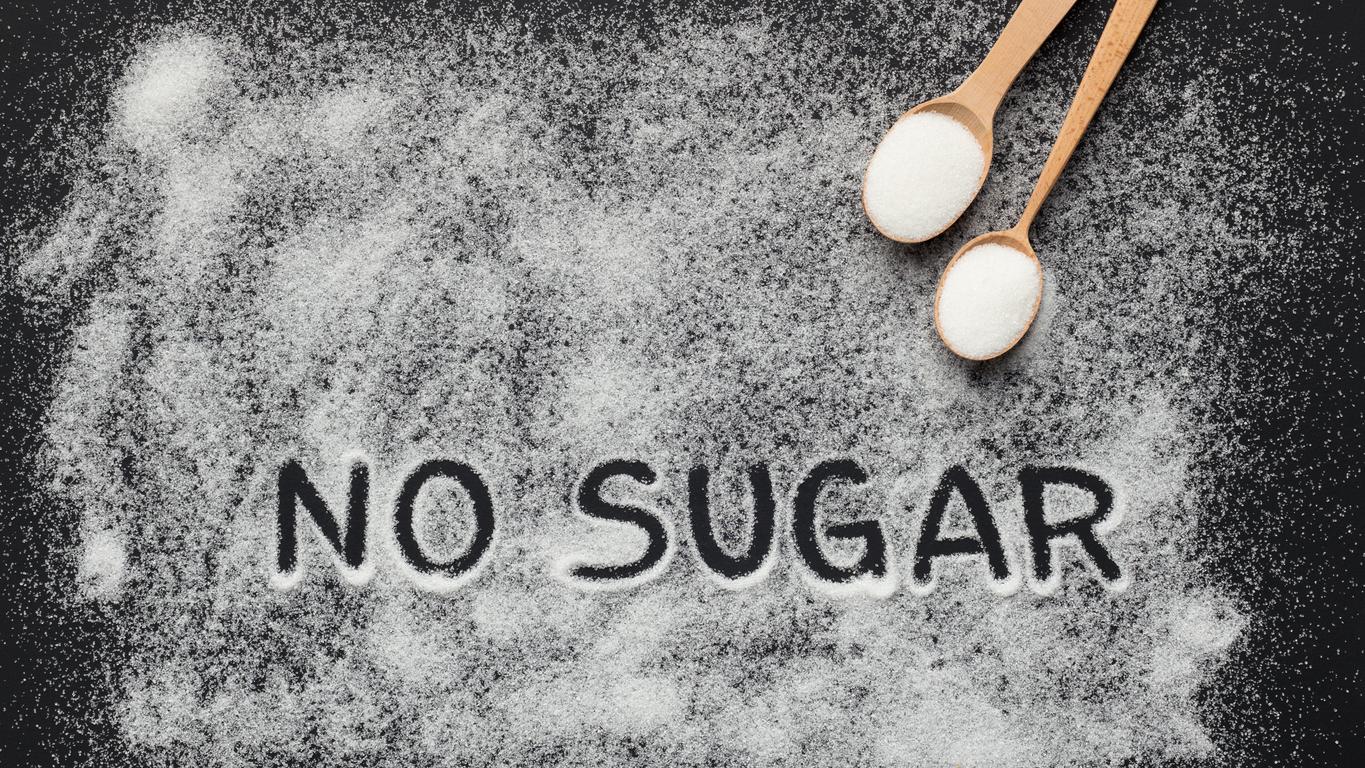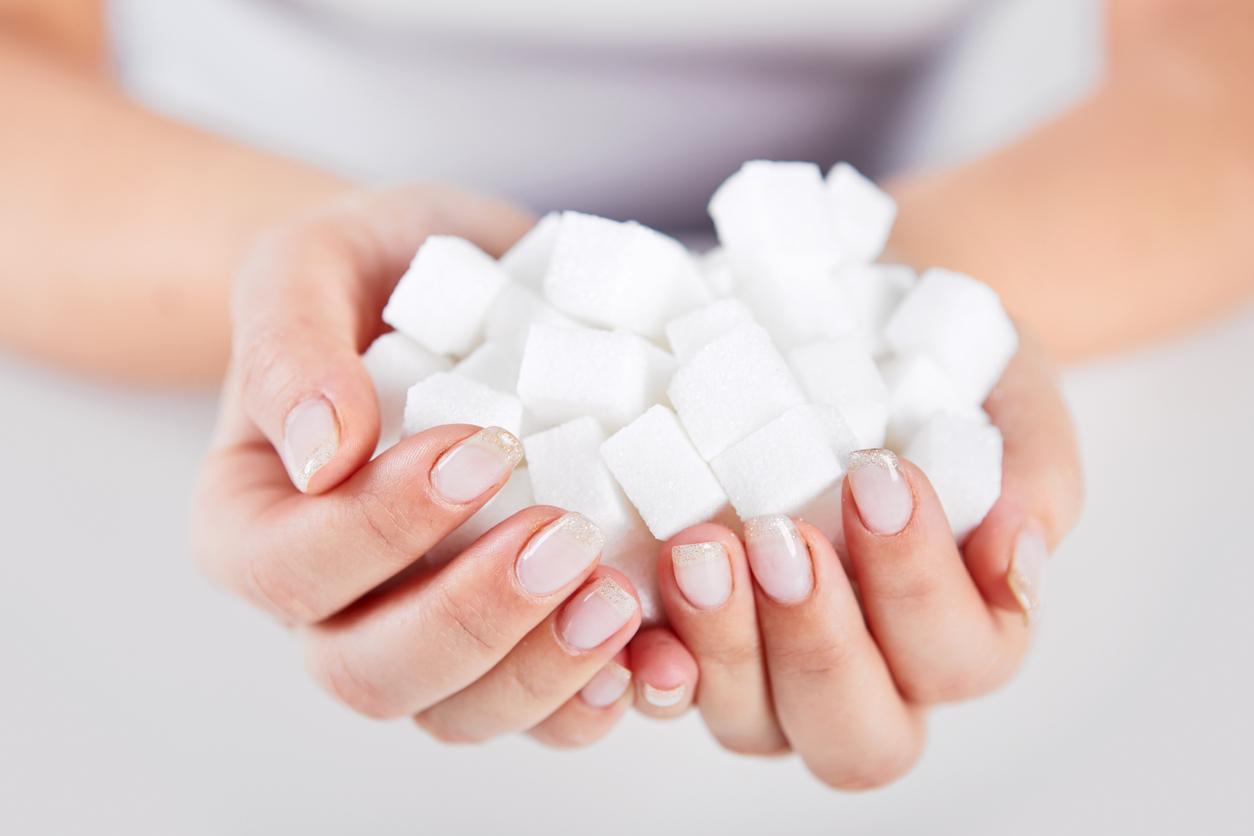For the second consecutive year, the SOS Hepatitis & Liver Diseases association is launching the challenge of a month of “June without added sugars”, in order to alert the population to the risks linked to excessive sugar consumption.

Why Doctor: How was this challenge of making June without added sugars created?
SOS Hepatitis & liver diseases: In our association, we are specifically fighting against fatty liver disease, an increasingly common disease caused by excess sugar. The problem is that it is not always easy to reduce your consumption, for many reasons: habit, the impact of advertising, stress, etc. That is why we came up with this challenge last year, a bit like “No Tobacco Month” or “Dry January” for alcohol. For one month, the main goal is to become aware of what you consume, in order to better control it afterwards. Last year’s experience showed that the collective aspect of the challenge provided incredible help… and lasting help! Six months later, 83% of participants say they consume less added sugar. And 87% of them have asked to repeat the operation in 2024!
The big problem is that these sugars are everywhere, and often hidden, including in salty products.
Why is it so important to reduce sugar in our diet, we eat so much of it?
It depends on what we are talking about. We need to consume sugars, which provide us with energy. They are found naturally in cereals, starchy foods or fruits for example. The ones that pose a problem are essentially “free” or “added” sugars which, as their name suggests, are added to products. However, we consume them in excess. The World Health Organization recommends limiting them to 25 g per day for women and 30 g for men, the equivalent of 4 to 5 sugar cubes. The big difficulty is that these sugars are everywhere, and often hidden, including in salty products: prepared meals, cold cuts, ready-made sauces, etc. The goal is therefore to reduce these added sugars as much as possible, as they are not useful and are the worst for your health.
What are the long-term risks of consuming too much sugar?
There are a lot of them! Excess sugar contributes significantly to excess weight: there are nearly a billion obese people in the world. In France, nearly one in two adults is overweight, and these numbers are only increasing. By compiling more than 8,000 scientific studies on the subject, researchers recently evaluated the three main long-term risks: endocrine and metabolic diseases (diabetes, fatty liver disease), cancers and cardiovascular diseases. But sugar also has an impact on mood, skin, etc.
There are not always telltale symptoms of excess sugar, as is often the case with fatty liver disease.
What are the signs that you are eating too much sugar?
There are not always symptoms of excess sugar, as is often the case with fatty liver disease. Often, it is silent for years and only manifests itself in the most severe stages of cirrhosis or liver cancer.
Most of the time, excess sugar will be noticed during a routine blood test, revealing, for example, blood sugar problems. But in everyday life, certain signs can still alert you, such as not being able to do without a “little treat” at a certain time of day. In this case, it is wise to talk to your doctor to understand what is going on behind this. In fact, you should regularly take stock of your sugar consumption with your GP, as you do for alcohol or tobacco.
Concretely, what advice could you give to someone who decides to embark on this adventure?
We recommend taking the challenge more as a game, and not as another constraint. Preferring fruit to fruit juice, having fun finding hidden sugars, testing and sharing recipes without sugar or with less sugar… All this can be done in a good mood. And if, at one point or another, you can’t resist the call of an ice cream or a square of chocolate, give yourself this pleasure! The idea is not to be flawless, but to understand your own consumption.
Next, note that everyone can get involved in the challenge as they see fit. You can be a simple sympathizer who tries the experience to see what it gives, you can be more involved and agree to answer our surveys, or even become an ambassador of the challenge and try to convince other people. Everyone chooses their level of participation.
Anyone interested can come to our website in order to learn about the documentation made available to help participants, for example, to learn how to correctly decipher a label.

What are the pitfalls to avoid when you want to reduce sugars on a daily basis?
We should not try to be more royalist than the king and try to eliminate ALL sugars. As we have said, carbohydrates are the source of energy for our body, they are essential. So, we keep the sugars naturally present in foods and we try, as best we can, to reduce added sugars, especially those in ultra-processed industrial foods.
It is not advisable to replace sugars with “fake” sugars, that is, sweeteners that allow you to have the “sweet” taste in your mouth without the corresponding calories. This may seem tempting, but it is really a bad idea because on the one hand, it does not wean us from the sweet taste; and on the other hand, more and more studies are pointing out that they do not help you lose weight, and that some, like aspartame, can present long-term risks.
The last trap would be to consider any deviation as a defeat. It is already a victory in itself to realize that it is difficult to reduce one’s consumption. And it is the first necessary step towards a lasting change in our eating habits.

















